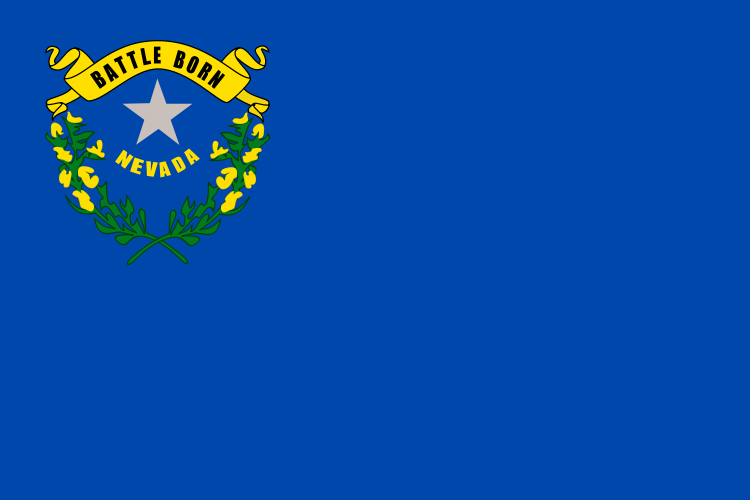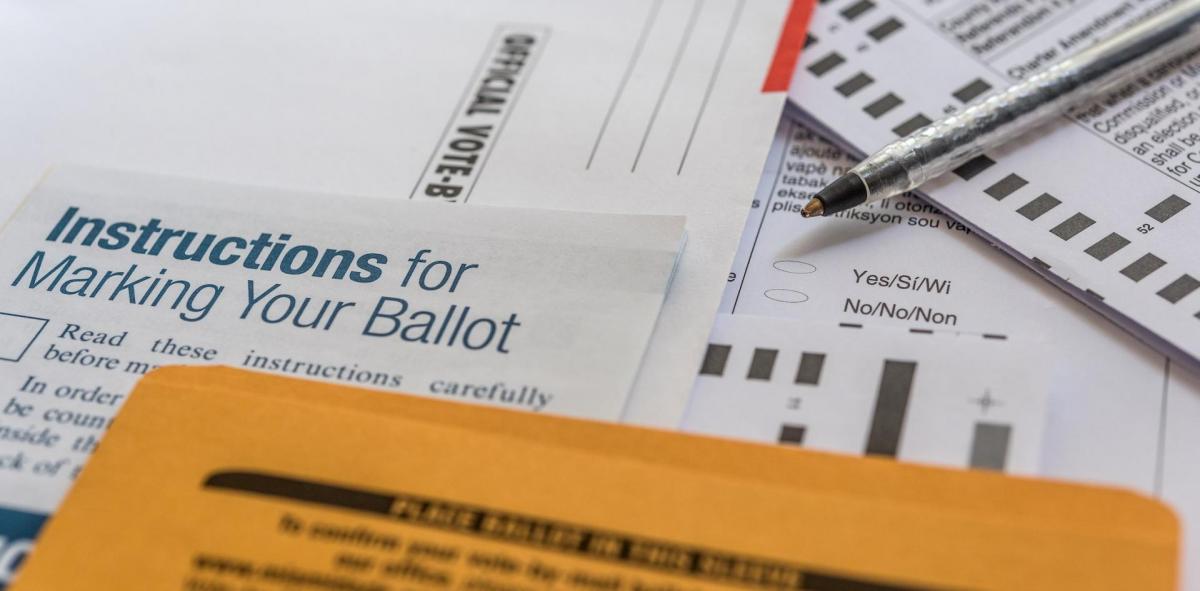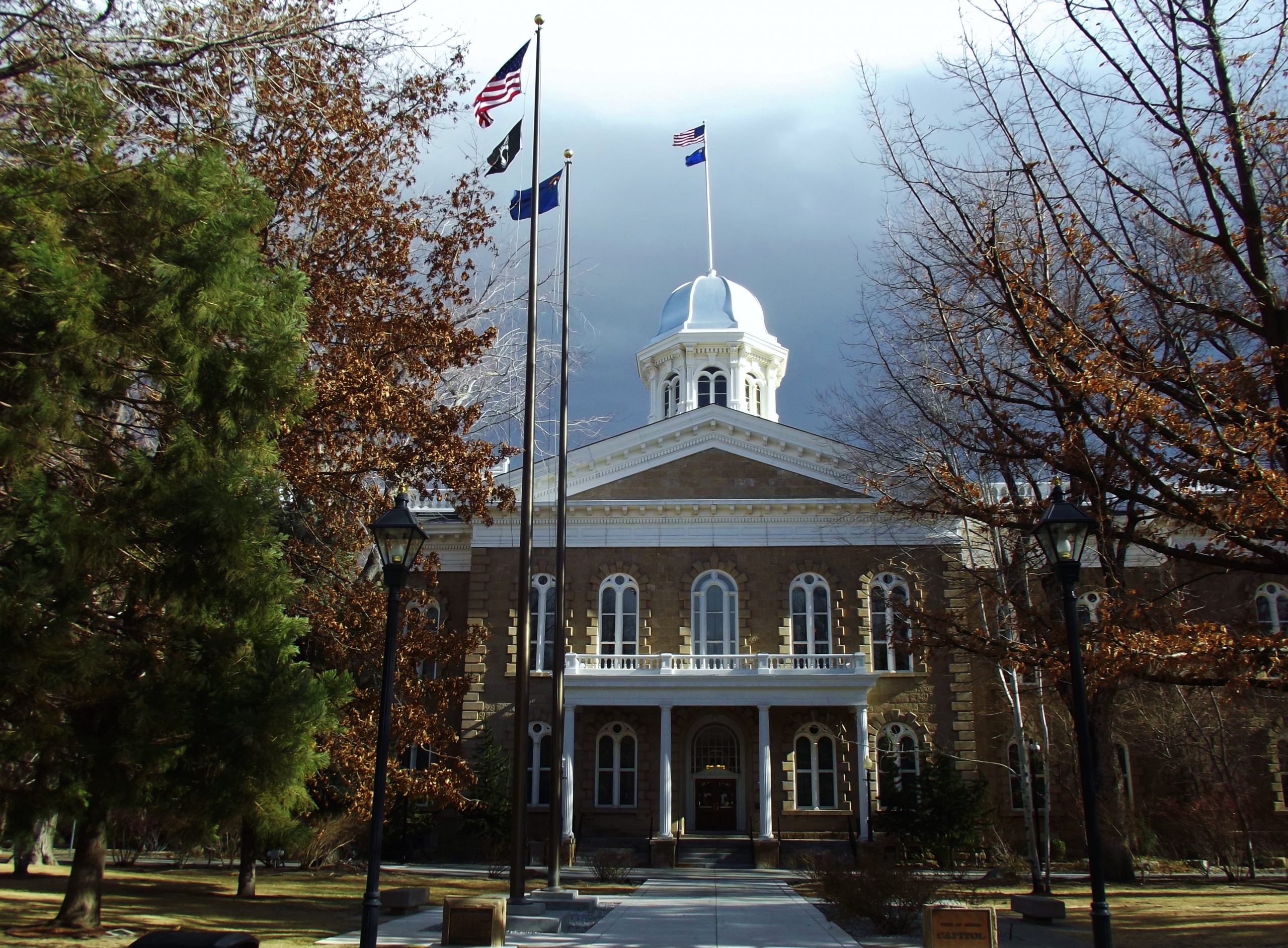Tag: nevada
-
Nevada Gov. Lombardo vetoes bills to require voter ID and open primaries to unaffiliated voters

On June 12, Gov. Joe Lombardo (R) vetoed two election bills that passed the legislature in the final days of the 2025 session, including new voter ID and drop box requirements, and changes to rules for unaffiliated voters in primary elections. Voter ID AB 499 would have required in-person voters to present a valid photo…
-
Nevada voters to decide on 2026 ballot initiative allowing public school teacher strikes

Nevada voters will decide on a ballot initiative in 2026 to exempt school teachers and certain other school employees from the state law prohibiting public employee strikes. The initiative, if approved by voters, would change Nevada state law to allow public school teachers, and other education personnel, to strike. In 1969, Nevada passed legislation making…
-
Update on 2025 and 2026 ballot measure certifications: Seven new measures in four states for 2026

The number of certified ballot measures for 2025 and 2026 is trending above the average as of March 18, 2025. For 2025, six statewide ballot measures have been certified in three states—Louisiana, Ohio, and Wisconsin. Six is one more than the average of five for this point in an odd-numbered-year election cycle since 2010. For…
-
Nevada initiative to exempt teachers from strike ban moves to legislature, could appear on 2026 ballot

In Nevada, voters may decide on an initiative that would exempt public school teachers from the state’s prohibition on strikes. Petitioners submitted signatures on Nov. 18, 2024, and enough valid signatures were found to certify the measure to the legislature on Dec. 11, 2024. If the legislature does not act on the measure or rejects…
-
State ballot measure update: Four ballot measures certified for 2025, one for 2026, during the past two weeks

Four statewide measures are certified for the 2025 ballot in one state—Louisiana—as of Nov. 26, 2024. For 2026, eight statewide measures have been certified for the ballot in six states. 2025 ballot measures During the past two weeks, four constitutional amendments were certified in Louisiana for a special election on March 29, 2025: 2026 ballot…
-
Nevadans may decide on two initiatives, related to teacher strikes and attorney contingency fees, in 2026

Two Nevada initiative campaigns submitted signatures for initiatives targeting the 2026 ballot. If at least 102,362 signatures are found valid, the initiatives will be presented to the Nevada State Legislature. If approved by the legislature and signed by the governor, the proposed statute becomes law. If not, the law is submitted to voters at the…
-
Shelley Berkley defeats Victoria Seaman for Las Vegas mayor

Shelley Berkley defeated Victoria Seaman in the general election for mayor of Las Vegas, Nevada, on Nov. 5, 2024. Berkley and Seaman were the top-two vote-getters in the June 11, 2024, primary, and both advanced to the general election because neither won a majority of the votes. Incumbent Carolyn Goodman, who was first elected in…
-
Voters in Nevada must approve Question 6, related to abortion, and Question 7, related to voter ID, again due to Nevada’s two-election requirement

Voters in Nevada approved two citizen-initiated constitutional amendments on Nov. 5. Question 6 would provide for a state constitutional right to an abortion. Question 7 would establish voter ID requirements in the state. Voters rejected Question 3, which would have established top-five primaries and ranked-choice voting for general elections. Nov. 5 was the second election…


